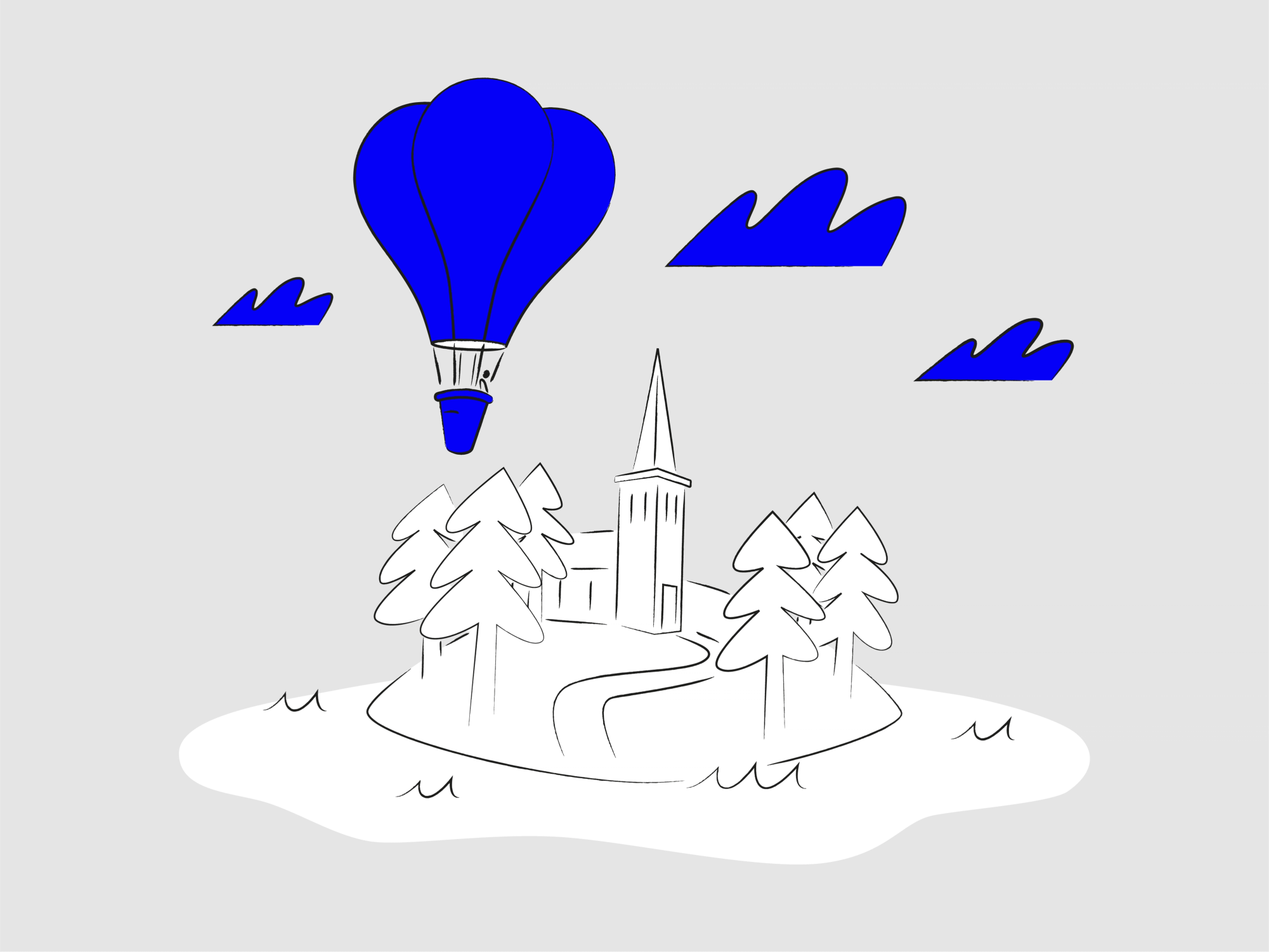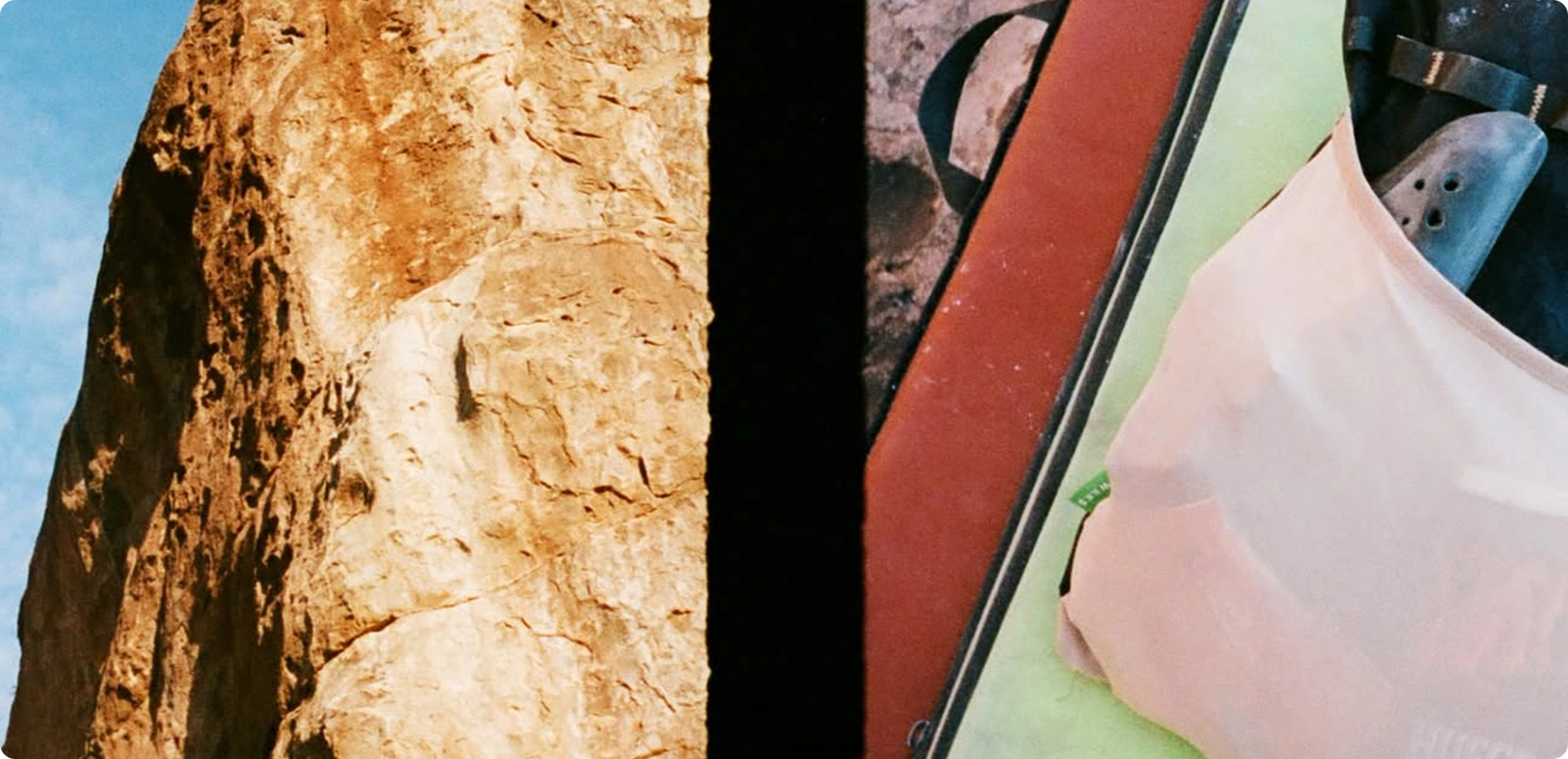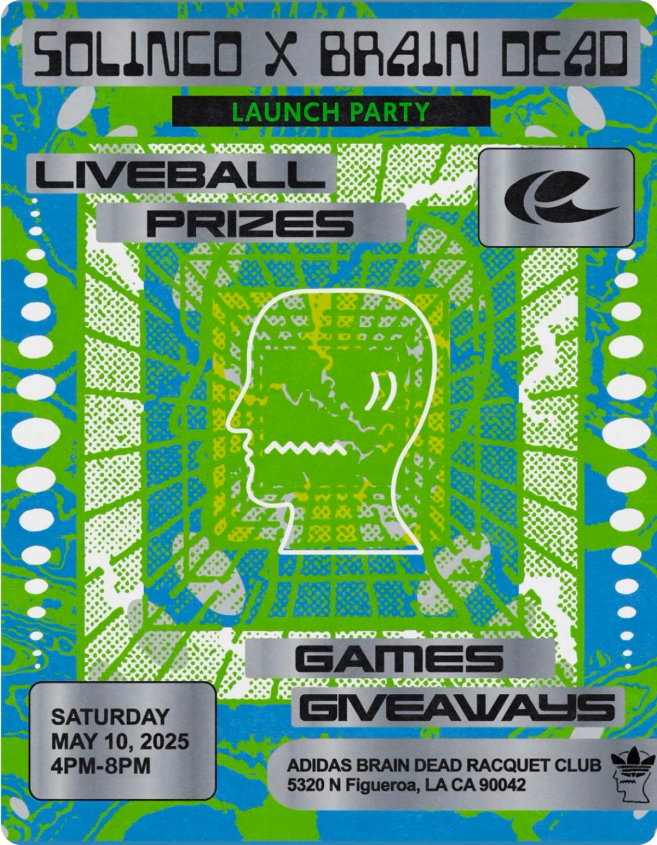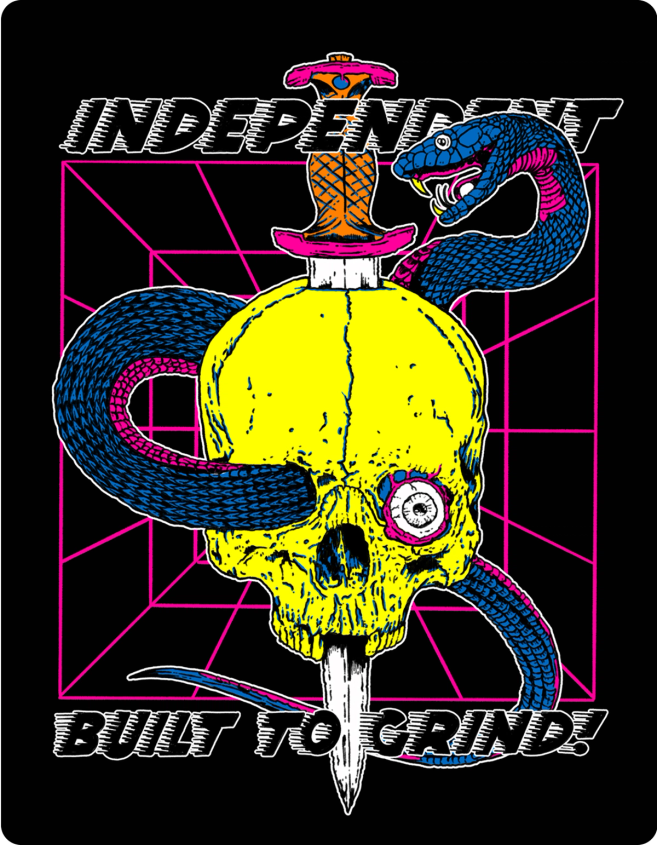Destinasjonsbranding

Tom Morgan
Head of Strategy | Partner and Owner
Date
26. september 2025
Date
26. september 2025
Destination branding stands at the crossroads of identity and economy, shaping a unique narrative that draws tourists, investors, and residents alike.

Beyond marketing, it's a strategic force in community development and economic growth, particularly critical in times of shifting consumer values and the push for sustainability. This multifaceted approach demands a keen understanding and innovative mindset to harness its full potential effectively.
The ‘what & why’ of destination branding
Destination branding is about creating and promoting a unique and compelling identity for a city, region, or country, representing the community and culture authentically. Growing in value beyond tourism marketing, to an increasing extent, an identity within the local community as much as it is for those outside it.
Importantly, a destination brand carries forward the development strategy for a town, city, region, or nation. Attracting key visitors, new residents, and in many cases, investors. Generating economic benefits through the right kind of tourism, business development, and community growth.
Therefore, it’s easy to use the value of insights into destination branding across travel and tourism, events and hospitality, culture and creative industries, trade, and investment from tech to construction, universities, and municipalities.
Creating wider value
On the international stage, Norway is an impressive destination brand; contributing 206 billion Kr annually to the national economy, and growing in strength. The fjords, arctic coastlines, and modern urbanism are established icons and set visitor expectations; frequently ranking in the top ten ‘bucket list’ destinations.
Astonishingly, of that 206 billion Kr, 168 billion Kr, comes from domestic travellers (82%); including short and local vacations throughout the year. On top of this is the holiday home (cabin/cottage) property market; vital for large parts of the rural tourism economy, hospitality, culture, and events businesses.
A time of transition
All of this is important as we are transitioning, with consumer interests and ethics shifting with the necessity of sustainable travel questioning the need for long-haul flying. After the experiences of vacationing locally during COVID-19, matched with more frequent and shorter vacations rather than fewer and longer, the domestic market in Norway is booming. This transition time calls for innovation across the sector to stay on top of the opportunities.
The demand for change is fuelled even more by the tourism industry’s commitment to cut 50% of climate emissions by 2030. The need to invest in creativity throughout the sector will be a valuable boost for many rural and local economies in line with the national strategy’s greener vision.
Eight topics for innovation
At Nonspace, we have worked with the sector, developing strong regional destination brands, tech platforms, and campaigns, such as Visit Bergen, Visit Trondheim, and Røros og Østerdalen, and many hospitality and cultural businesses such Britannia Hotel, Kunstsilo and Rosenborg Ballklub.
As part of this ongoing work, we keep up to date on trends and changes that are valuable to those who work in the sectors. From this, we have compiled eight topics for innovation. Valuable reading for destination companies, municipalities, and everyone in the travel and tourism, events and hospitality, and the experience and cultural industries, as well as businesses looking for investment outside their region.
Each one of these topics, packed with insights into trends and changes, are opportunities for your business to question what’s next and how to be better. Ideal starters when planning campaigns, developing a new strategy or business, new products, and services, or simply conversions within your team to improve your customer and visitor experience.
- The attention economy; quality over quantity
- Contentful places; to broadcast, or not to broadcast?
- Travel tech; the digital assistants before, during, and after
- Mindful journeying; inner value of travel
- "Flyskam"; the generational shift around the world from the Nordics
- Microcations; compact luxuries and spontaneous decision-making
- Work & play; meetings with meaning to nomadic working
- One time only; promising now or never


